Image from investigate-europe.eu
With elections on the horizon, concerns about Russian interference in democratic processes are once again making headlines. The issue of foreign interference in elections has become a global concern, and the United Kingdom is no exception. As the country prepares for its next round of elections, the threat of Russian meddling looms large.
The Scope of Russian Election Interference
Russian election interference has been a topic of concern since the 2016 US presidential election, where it was alleged that Russia used social media platforms to spread disinformation and sow discord among voters. Since then, evidence of Russian interference has emerged in various elections around the world, including in France, Germany, and the Netherlands.
In the UK, there have been multiple instances of suspected Russian interference. In 2019, the Intelligence and Security Committee published a report highlighting the extent of Russian influence in British politics. The report revealed that Russian actors had attempted to interfere in the 2014 Scottish independence referendum and the 2016 EU referendum.
The Methods of Russian Interference
Russian interference in elections typically involves a combination of tactics, including:
- Disinformation campaigns: Russian actors spread false or misleading information to manipulate public opinion.
- Hacking and leaking: Cyberattacks are used to gain access to sensitive information, which is then released to undermine candidates or political parties.
- Social media manipulation: Bots and trolls are deployed to amplify divisive messages and target specific voter groups.
These tactics are designed to exploit existing divisions within societies and undermine trust in democratic institutions.
The Implications for UK Elections
The growing concern about Russian interference in UK elections has significant implications for the democratic process. If foreign actors are able to manipulate public opinion and influence election outcomes, it undermines the integrity of the electoral system and erodes trust in democracy.
Furthermore, the impact of Russian interference goes beyond individual elections. It has the potential to shape public discourse, polarise societies, and weaken democratic institutions. By sowing doubt and confusion, foreign actors can undermine the very foundations of democracy.
Addressing the Threat
Recognizing the seriousness of the issue, the UK government has taken steps to address the threat of Russian interference. The establishment of the National Cyber Security Centre (NCSC) and the introduction of the Online Harms Bill are examples of the government’s efforts to protect the democratic process from foreign interference.
Additionally, raising awareness among the public about the tactics used by foreign actors can help individuals identify and counter disinformation. Media literacy programs and fact-checking initiatives play a crucial role in equipping citizens with the tools to navigate the complex information landscape.
The concerns about Russian election interference ahead of UK polls are not unfounded. The evidence of Russian meddling in elections around the world highlights the need for vigilance and proactive measures to protect the democratic process. By understanding the methods of interference and taking steps to address them, the UK can safeguard the integrity of its elections and preserve trust in democracy.
















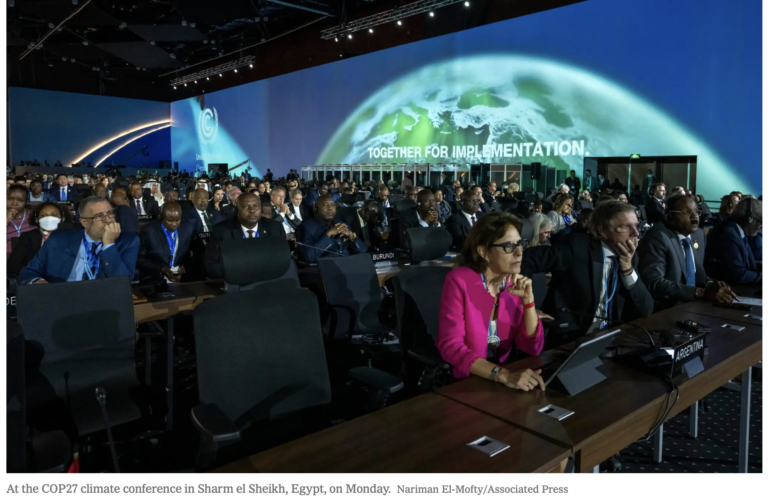
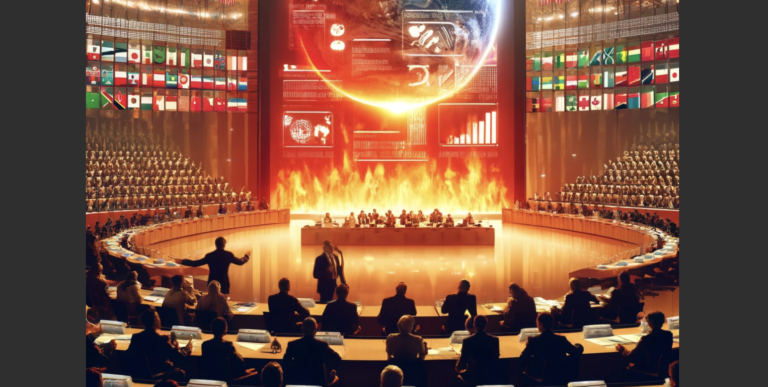
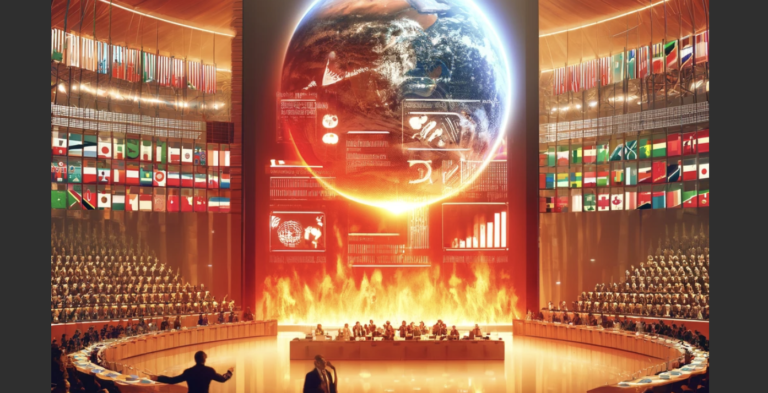
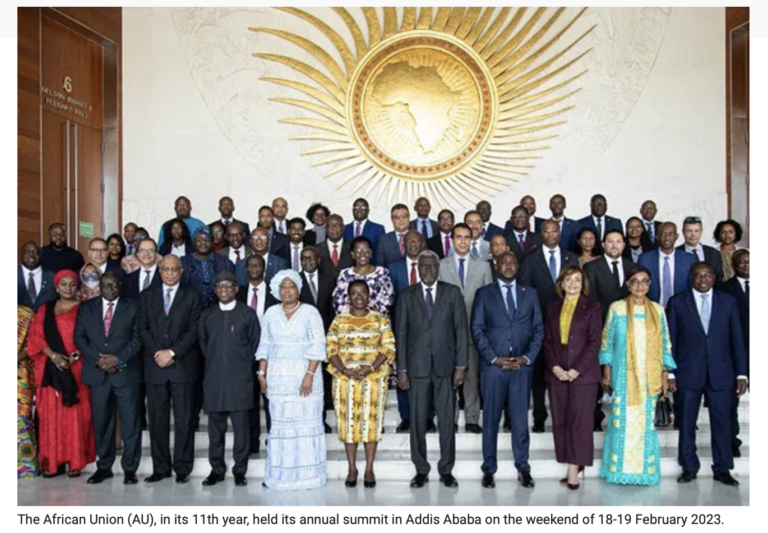
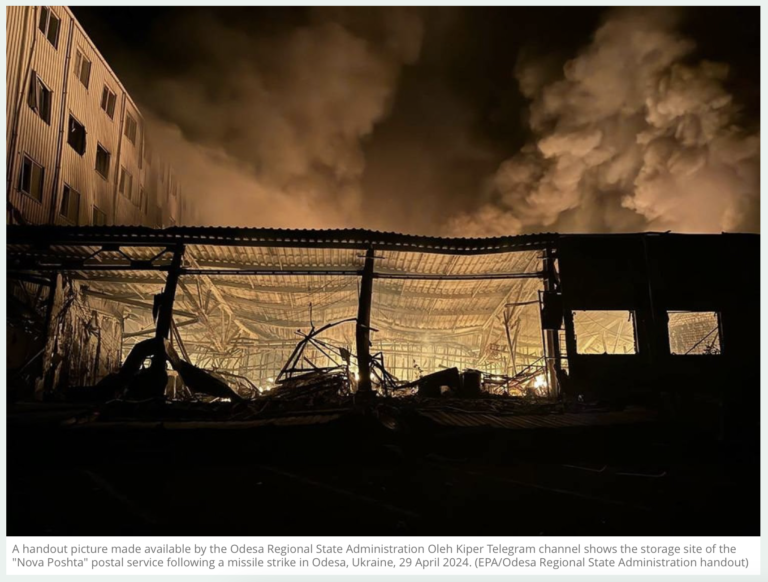
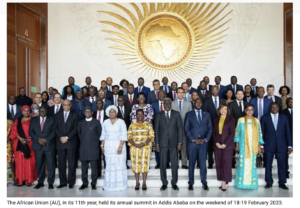








+ There are no comments
Add yours